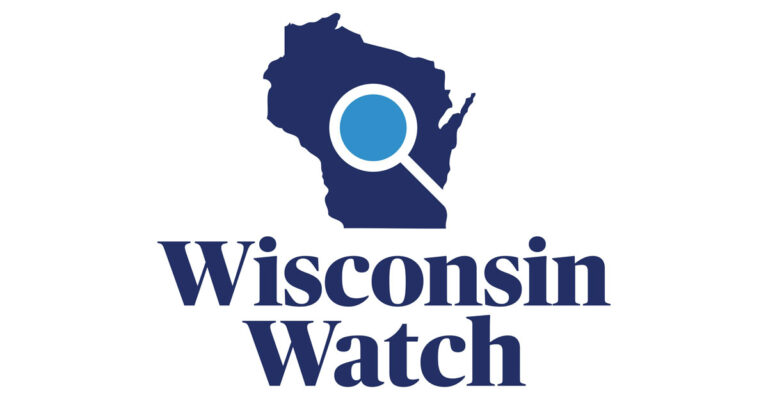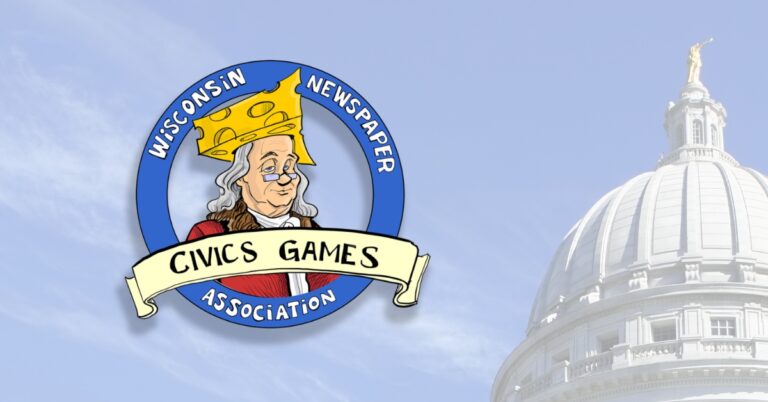Today, questions surrounding First Amendment protections are hotter than ever. The First Amendment states that Congress cannot limit freedom of speech, or as it relates to religion, assembly, and petition of government. Yet, in today’s polarized environment, what truly falls under these categories? Should Congress be allowed to limit rhetoric that increases violence? Is it free speech if religious groups preach oppression? Should misinformation be regulated on private platforms?
Historically, the Supreme Court has ruled in favor of allowing free expression and against limiting such expression. But with the emergence of social media, speech is disseminated more rapidly and democratically than ever. Each moment, millions of thoughts are posted to the internet idea marketplace. To customize user feeds, content algorithms filter for what they have determined users will engage with most. A benefit is that people can find like-minded communities to interact with and learn from. Online grassroots campaigns empower marginalized people at low cost. These forums support opinions that might otherwise be quashed in a limited speech society. Suppression denies citizens the right to make informed decisions and causes problems to fester. Conversely, in a free society, people in power are deterred from abusing their power, while the public can tackle systemic issues from the inside, fostering two-way communication.
These online platforms create accessible spaces where historically neglected populations can self-advocate. Grassroots movements have taken off in the internet age. Since the COVID-19 pandemic, a particular feature has been the mass organization of protests. Millions of people exercised their right to assembly and government petition for the first time. Without online platforms, many communities lacked the resources to conduct extensive outreach and education.
However, like-minded communities have a dark side. The line between these communities and fragmented “echo chambers”—online spaces where people are only exposed to sympathetic opinions—is blurred. These platforms are profit-motivated to engage users as long as possible, so algorithms prioritize high-engagement content, without considering the implications behind strong emotional reactions. An echo chamber easily spreads twisted narratives, insidiously dividing “insiders” from “outsiders”.
However democratically people can contribute their thoughts, a healthy discourse relies on widespread agreement of shared facts.
Without agreement, society turns dysfunctional. A combative discourse emerges, leading to deeper retreat to the comfortable echo chamber. These clashes have emerged as political violence, whether it be the January 6th insurrection or the injuries that occurred as a result of the Black Lives Matter protests.
This topic is quite thorny, and there is no cure-all that can heal the wounds our public forums have sustained. The U.S. government only interferes in the First Amendment when the rights of others have been infringed upon, but misinformation clearly interferes with the human rights to fair elections, health, and non-discrimination. Private companies currently shape public discourse, arguably even further than the government does. It is necessary to consider to what extent we should allow this. No matter one’s political alignment, it is crucial we all exercise our First Amendment rights to create a constructive, respectful discourse.
Ellen Zhang is a junior at Green Bay Southwest High School.



